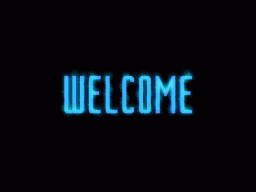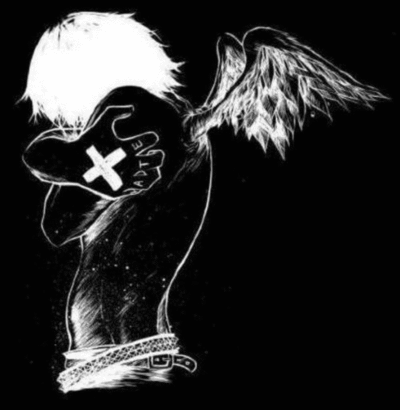Okay Guys, I’ll tell you about what’s compliment? It’s an expression of praise, commendation, or admiration.
Example of compliment are :Well done
That’s great
Wonderful
Nice try !
Nice work !
Fantastic
What a nice dress / outfit
You look great
How beautiful you look
Example of compliment are :Well done
That’s great
Wonderful
Nice try !
Nice work !
Fantastic
What a nice dress / outfit
You look great
How beautiful you look









